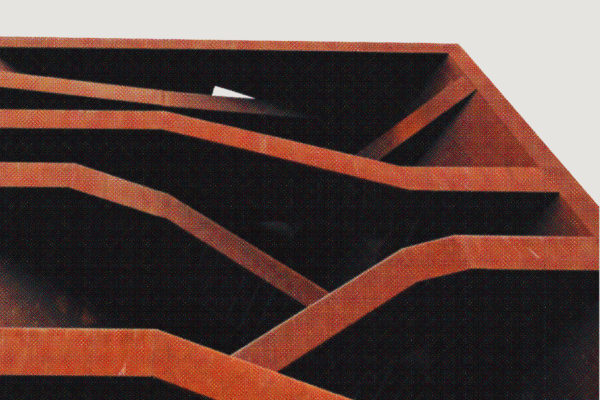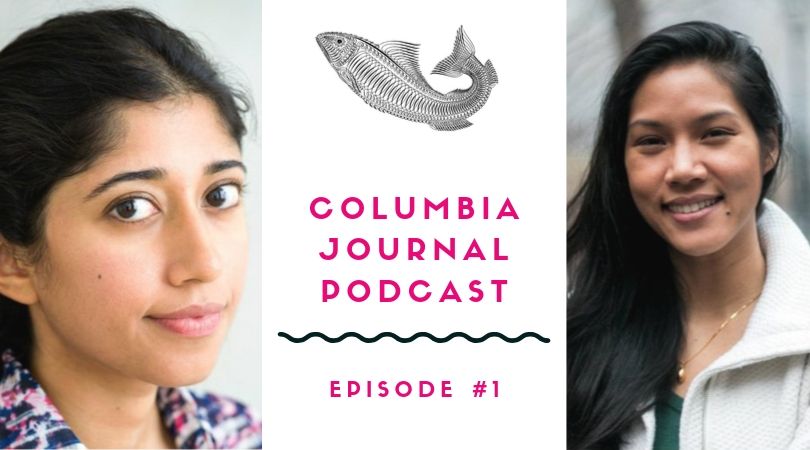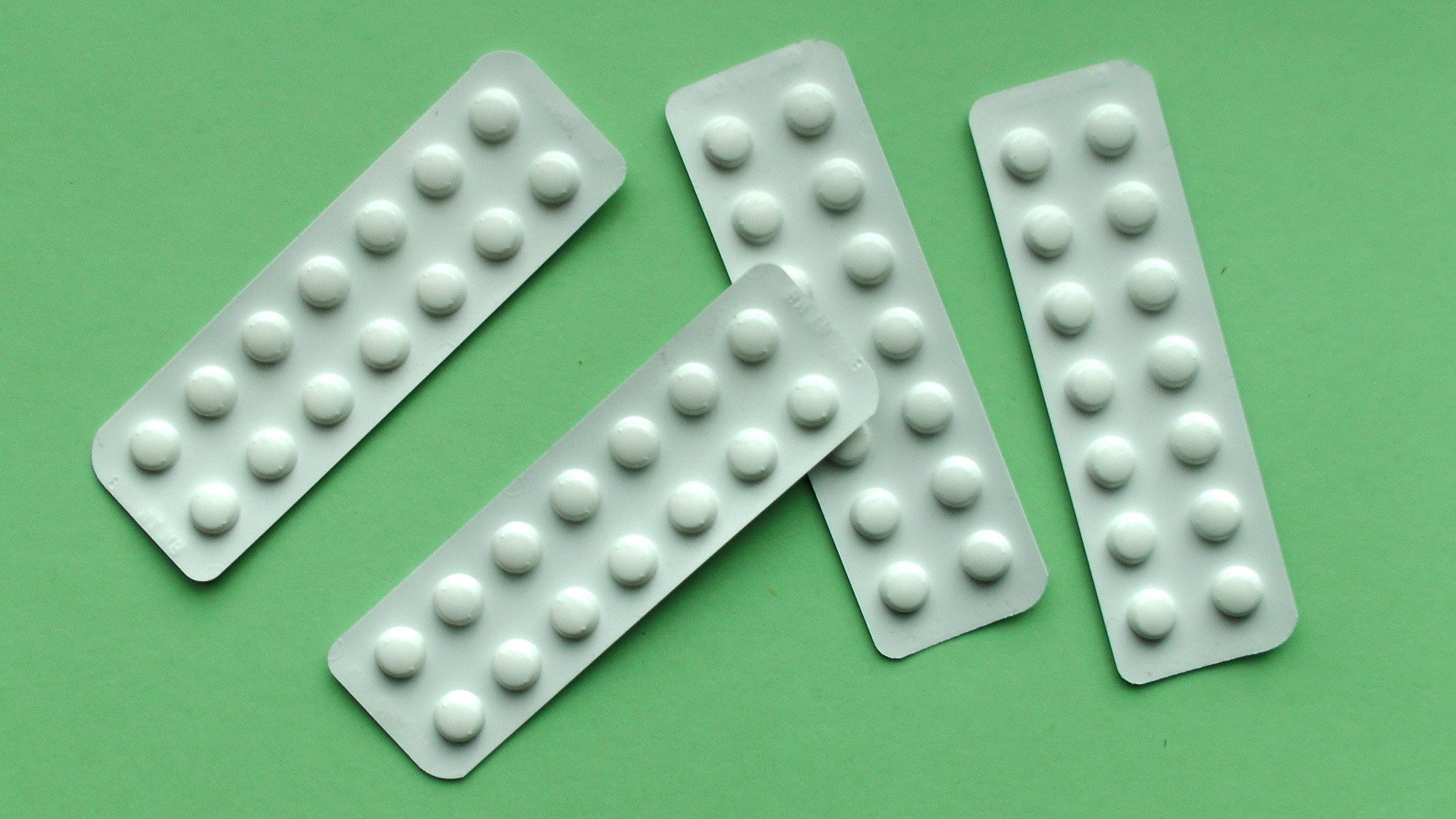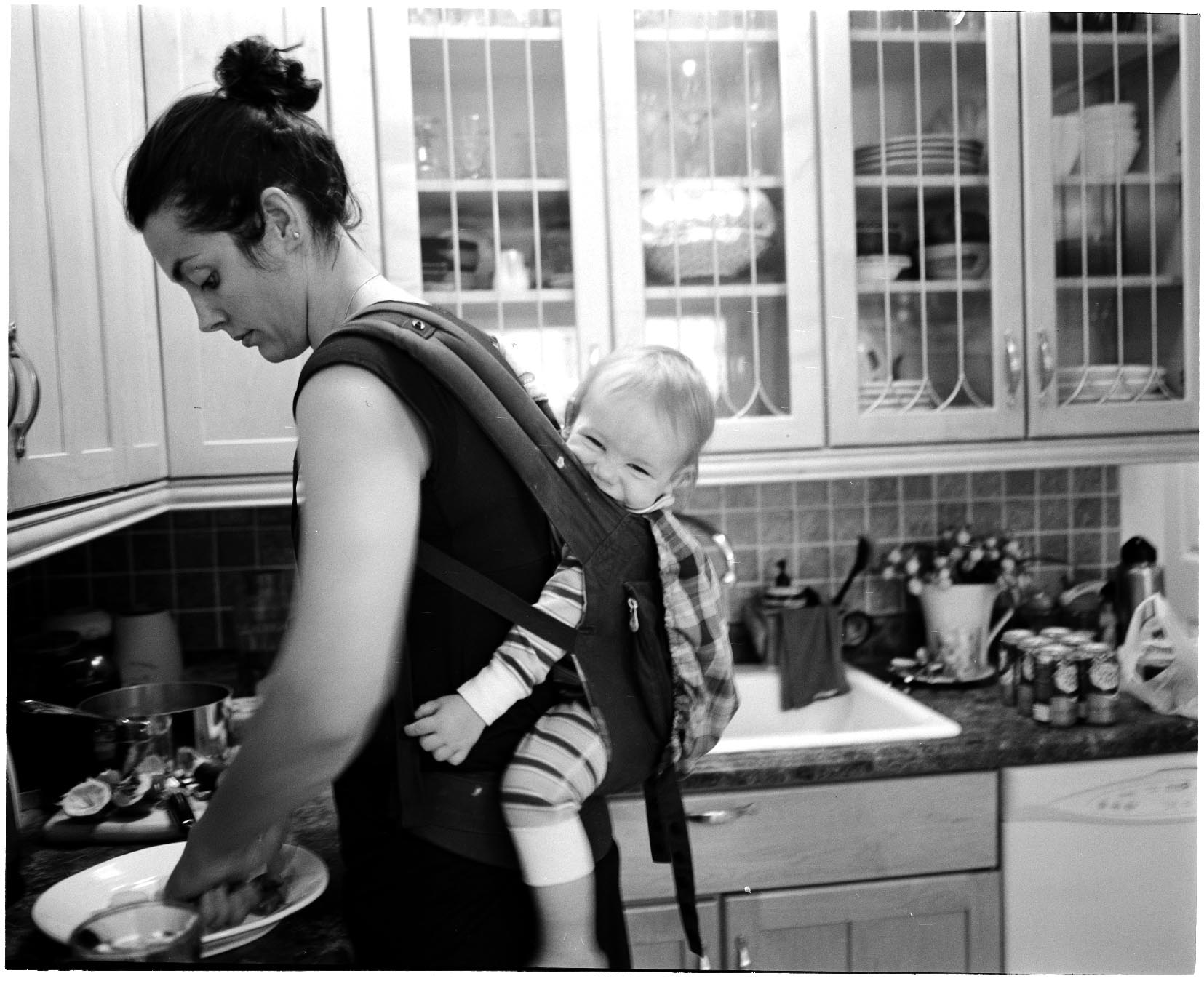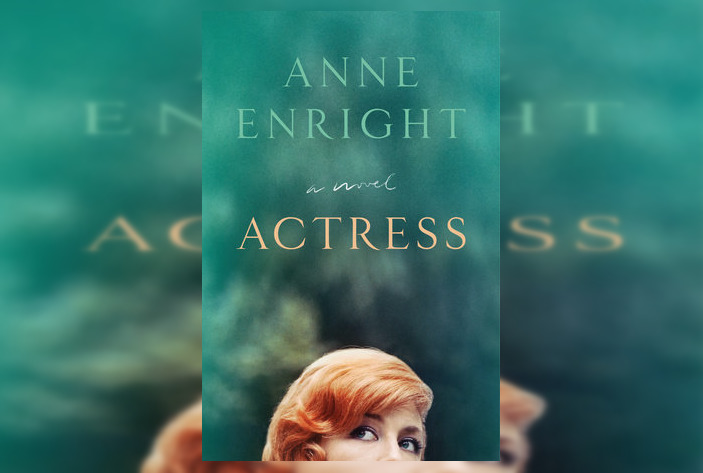By Clara Chow
Interview
Dr Lai Chee Kien
Story
Bare Bones
Dr Lai Chee Kien, Architectural and Urban Historian Winner of the 2016 Singapore Book Award for Be Non- Fiction title Through the Lens of Lee Kip Lin: Photographs of Singapore 1965-1995
Interviewing Chee Kien—academic, activist and author—is a story in itself. Early in the Dream Storeys project, several friends recommended that I speak to Chee Kien, given his wide-ranging knowledge of local architecture. On Aug 14, 2014, I sent him a Facebook message, introducing myself and asking if I could speak to him about this project. He replied almost immediately, and we ended up doing a phone interview close to midnight—the only time he had in his packed schedule. It was during this chat that he mentioned to me his idea of dinosaur bones found in Singapore.
In November 2014, I finally met the man in the flesh at the Singapore Writers Festival, where he spoke at a panel discussion on how writers can recreate and honour the memories of Singapore’s buildings. I sent him the story I had written, based on his dinosaur bones idea. A more formal e-mail interview followed (transcript below).
A few days after, news broke of dinosaur fossils being discovered in Kuala Terengganu, Malaysia. Chee Kien posted The New Straits Times’ report of the discovery on Facebook and tagged me. “Fiction coming true!” I commented back.
What building would you build in Singapore, if there are no constraints of space, budget, physics, etc.?
It would be a series of arts spaces like The Substation and The Arts House all over Singapore, so that residential districts can develop local talents in all fields of the arts.
If you could resurrect one of your unrealised projects, which would it be?
I once designed a recycling centre in Sungei Road, using the Singapore Ice Works (ice factory) that raddled the Thieves’ Market, in 1991. The idea was so that part of that business could continue, and the centre would also highlight issues about recycling. Perhaps it was too ahead of its time. Recycling hadn’t caught on then. It would be cool to build this at the old site, near Rochor River.
How will your dream building make Singapore or Singaporeans different, if it existed?
I think the operations and aesthetics would be different from what Singaporeans expect. Bartering and open-air markets make the experiences more real, and sometimes serendipitous. They are common in neighbouring countries, but fast disappearing from Singapore as the country strives to be global.
Who do you envision using your dream building?
I’d visit and join in the fun, hunting for things I need and seeking out potential treasures.
Who are your favourite authors?
Italo Calvino, Umberto Eco and Isa Kamari.
What are your thoughts on the nature of collaboration, in terms of architecture and also in a writing project like this one?
It’s quite fun. When I teach, I always emphasise the importance of collaboration so that better schemes and narratives may arise.
Who owns the concept of the dream building?
The dinosaur story? I don’t have to own it.
Bare Bones
Emma twisted the key in its lock and opened the grey letter box. She withdrew a stack of bills, then picked out flyers hanging like limp lettuce from the envelopes: one advertised a special two-for-one dino pizza deal; another, a recruitment ad exhorting recipients to “BE A SINGA-DINO AMBASSADOR!” for the upcoming theme park. Sighing, she dropped them in the maws of the dinosaur-shaped rubbish bin, emblazoned with the words FEED ME.
At the lift lobby, she jabbed the buttons shaped like dinosaur teeth and waited for the lift doors to open. Everything in her estate had been retro fitted in the last few years to fit the dinosaur theme. A kind of prehistoric kitsch. Palm fronds on the mural in the lobby artfully concealed T -Rexes, peeking out from behind the green leaves with their short arms, as coyly as powdered leathery old women parting the bead curtains of a bordello. Decals of triceratops bursting through the concrete festooned the walls. Staircase railings were shaped like dinosaur tails—spiked with natural armour—like the timeworn nagas of Asian temples.
The décor extended to the notice boards next to the lifts, bordered by cartoon brontosaurus, entwining necks with one another. Tacked on the boards were posters touting the upcoming dinosaur festivals and grassroots events. The notice board was housed in a glass case, which required one to have the key in order to post new notices. Dino fatigue had clearly set in, because some law-abiding but frustrated resident had stuck a sheet of paper, long ago, on top of the glass. In thick, black, marker strokes, it read: “I woke up one day and it was fucking Jurassic Park.” Nobody had bothered to remove it, because nobody except Emma lived in the block any more. The sign uttered, browning and brittle, as she walked by.
*
On the 21st floor, walking down the deserted corridor to her unit, Emma looked out over the parapet to the winking lights below. She could see the outlines of the SingaDino Passages snaking past her lone point block—areas where the earth had been drilled through and carted away, like flesh gouged from a body, to reveal the primeval calcium-collagen tissue way down, studded like teeth in brown rotting gums. To prevent air and direct sunlight from breaking down the complex tissue, climate-controlled UV -filter domes had been erected over these passages zippering the landscape. Emergency lights dotting the domes winked like dragon’s eyes in the dark, warning aircraft overhead or drones to stay clear. Occasionally, the rattle of a fighter jet would jolt the dome’s motion sensors to life, and the recorded commentary would sound muffledly in the dead of night, automata in dialogue with ghostly travellers.
Unlocking the padlocked iron grilles (habits of security being hard to break, even when there was no need for them—“low crime doesn’t mean no crime”, had gone that highly effective police vigilance campaign) and then her wooden front door, painted a deep red, Emma remembered a time before the domes. Then, the plots of interstitial land between the blocks had held community gardens—beds of kale, bean sprouts, rampion, and tomatoes. The long-gone residents had painstakingly planted them in a bid to literally put roots down in one’s concrete jungle. Ah Ma had planted cucumbers outside their door, putting disposable chopsticks in the pots, so that the vines could climb greedily to lap up the sun.
Cadmus, the Greek hero, had sown dragon’s teeth and begotten an army, which had in turn butchered itself for a jewel. Emma thought of the neat lines Cadmus must have ploughed before plunging one fist into the upturned helmet Athena had given him, filled with those dreadful seeds. How he must have let the white calcified bits—canines, incisors, molars; fangs, tusks, carnassials—fall casually from his limp, imperious hand. She had fought for her right to stay, but had not counted on the loneliness that was her penance.
Once in her living room, she picked up the remote control and clicked on the TV. A Hollywood actor was in town to film some sci- epic. A hundred cameras clicked as he showed of his radiant white teeth. He knelt in his crisp black suit and planted both palms on wet cement, freshly poured next to a dino-passage. Left. Flash. Right. Flash. Cut the red ribbon strung across the passage. Photo op over.
She picked up her phone, a discontinued Nokia model, fiddled with the buttons and looked at its rudimentary screen. She decided there was no one to call. Most people had taken the high-speed train to the New Hampton estate in Johor Bahru for the weekend, to escape the tourist deluge. The lucky ones resettled on the nicer outlying islands, such as Pulau Ubin and Pulau Tekong, went about their lives, hanging out at sub-suburban malls or drinking coffee at artisanal cafes.
Not for the first time, she wondered if it had been a mistake to resolutely refuse to buy a set of Yoogle Glasses and Gloves. At least, if she had those, she could go on a virtual trip or play Candy Factory Story, that new game all her colleagues were raving about. In the game, you worked on an insanely colourful and glamorous production line, and won prizes for pelting opponents with the sweets that rolled off your station.
But, like all the Friday nights before, she knew she was getting a visitor. She picked up a book on the squat coffee table and sat down on the settee, with its rosewood arm rests, slatted bottom and six cushions—three as seats; three for back rests—that were forever trying to slide out and escape from under you. Ah Ma had loved that sofa set with its green-and-brown oral upholstery, now hopelessly faded and murky, so Emma had hung on to it. Even after Ah Ma died, ten years ago, after a protracted battle with—of all things—bone cancer.
At 7.20 pm, the staccato tap of castanets on screed started up, drawing nearer and louder, until it stopped abruptly at Emma’s gate. The source of the sound—a pair of nude-coloured pumps with a lick of red on their soles— stood outside, joined to a pair of Queen Anne-esque legs, belonging to a woman in a pencil skirt and white blouse.
“You really ought to let your hair down, Miss Em,” said the woman with the deep, dark eyes and handsome jaw. “It’s Friday night, for Christ’s sakes. Much as it would inconvenience me, I sometimes wish I would come here and find you not at home. Gone partying.”
“Hey, M,” said Emma, opening the gate. “You’re early tonight.”
When Marishka had shown up at Emma’s door nine months ago, she had been greeted with suspicion. They had spoken through the gate grilles, Emma whispering agitatedly, even though there had been no neighbours left to eavesdrop on her. It had taken weeks before she would let the lawyer in, knowing that she had been sent by SingaDino to persuade her to sign the sale papers, to put ever-more- enticing offers on the table.
After a while, Marishka had begun showing up with a few bottles of wine. “Since I have to work overtime anyway,” she’d say, holding the bottles up in their Cold Storage plastic bags with a shrug. They would watch Chinese Idol on TV together, cranking up the volume loud enough to wake the dead—although, as Marishka liked to joke, it would not be enough to resurrect any dinosaurs. They started calling each other M and Em, relishing the ironic doubling, despite the fact that they shared nothing in common. One had merely been assigned the lost cause of the other, trying to evict the last resident holding up the corporation’s expansion plans.
One night, the wine had owed a little too copiously while Marishka regaled Emma with stupid dinosaur jokes from primary school textbooks: Why did the museum have old dinosaur bones? Because they couldn’t afford new ones. Why did the dinosaur cross the road? Because the chicken hadn’t evolved yet. Marishka had ended up falling asleep in mid-sentence on the sofa. In the flickering light from the television, Emma studied her accidental house guest ’s flawless face. She imagined Marishka staying the night in Ah Ma’s old room, breathing gently under the covers while Emma lay awake on the other side of a wall. She imagined Marishka staying forever. Then, inexplicably, she had started to cry. Noiselessly, at first . Then, louder, and louder, until Marishka opened one eye.
“Why are you still here?” Marishka had asked, with the calm irrefutable non-logic of someone in a dream or fairytale. “SingaDino’s not the big bad witch making you stay in this tower, you know.”
Emma sat thinking for a long time, wiping tears furiously with the back of her hands. “It’s home,” she finally said. “And it hurts when someone turns it into a theme park.”
That sobered things up. Marishka left before the sun rose.
After that, the lawyer arrived and departed like clockwork, and steered clear of the personal questions.
On this particular evening, she followed Emma to the narrow kitchen, with its plastic sewage pipes and yellowing water stains on the ceiling, and sat down at the foldable table with its green faux-marbled laminated top. As Emma made them mugs of tea, Marishka as usual drew out a red folder from her red leather briefcase. She opened it, flipping to the page with the Xs all over, indicating where Emma should sign.
“So, have you changed your mind?” asked Marishka, careful to keep her tone light.
Emma shook her head. She sipped her tea without looking at Marishka. The clear plastic sheet, that Ah Ma had carefully cut out and laid down to protect the table from spills, dimpled where Emma re ed her elbows on its surface. She studied the film and thought about what it would be like to be wrapped in something like that, or encased in Perspex, for one’s entire existence. To have someone touch you and not leave as much as an oily fingerprint on you.
She could feel Marishka looking at her, as though she wanted to say something. If I don’t meet her gaze, it doesn’t need to be said, thought Emma. They sat like that for a while, listening to the loud ticking of the electric kitchen clock.
At eight, Marishka stood to go. Emma followed her wordlessly to the door, where Marishka stuck out her hand and said: “It’s my last day at SingaDino. I’m pregnant, and my husband and I are relocating. A colleague will be taking over from me and visiting you in future. Goodbye and good luck.”
Emma looked down. She tried to rub out an old paint stain on the mosaic floor tiles with her big toe.
It’s not home any more without you, thought Emma. And it hurts.
But she did not say the words aloud.
*
Emma shut the gate behind her, not bothering to lock it. Thieves could take them all, if they wanted—it would save her the hassle of picking through her memories. All these objects, these sticks of furniture and musty old albums. They could just bury them if they wanted, when they pulled all the buildings down. A land fill with some of her in it. Let the denizens of the future stumble upon her primary school report cards, her graduation photos and old diaries. Let them piece together the anatomy of a person who no longer exists. Of someone who never really lived properly, in a place that was not fully conducive to her growth.
For the la time, Emma rode the lift to the ground floor. Her suitcase stood at her heel, like a well-trained pet. The case had a Mickey Mouse comic panel pattern. It had belonged to her grandmother, who had bought it in Hong Kong Disneyland a long time ago. A relic. The only one Emma was taking with her, before everything became consigned to the scarred earth.
As the trees sped past on the Pan-Island Expressway, now flanked by billboards advertising the dinosaur delights awaiting tourists disgorged from Changi Airport’s Terminal 8, Emma thought about the plane ticket to Venezuela crimped between the pages of her red passport. She had a hunch she was going to be home before too long. She could feel it in her bones.
Bare Bones is a story from the collection Dream Storeys (Ethos Books).
Clara Chow is the author of the short story collection, Dream Storeys (Ethos Books). A former correspondent with The Straits Times, and contributor to the South China Morning Post, she co-founded the literary and art journal WeAreAWebsite.com. Find her at http://clarachow.weebly.com/
